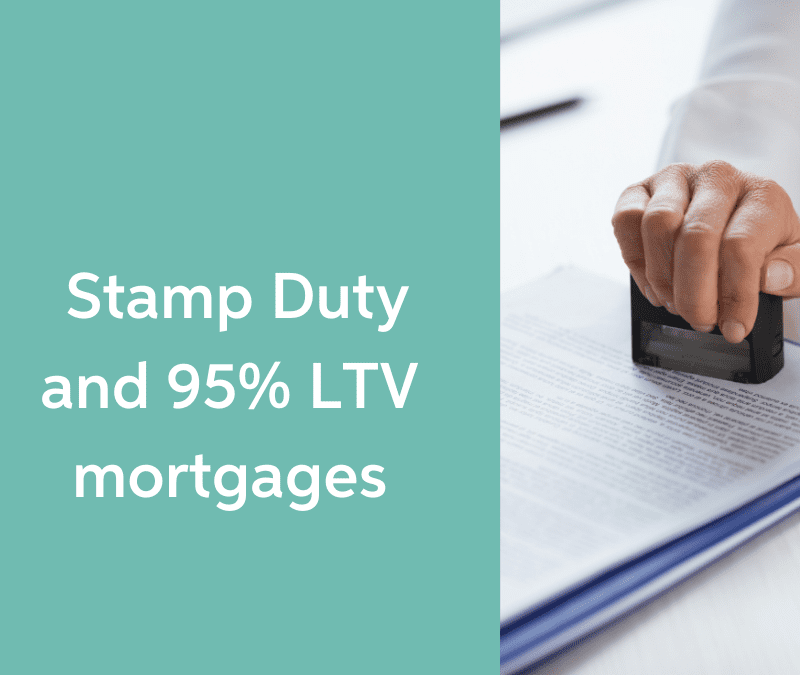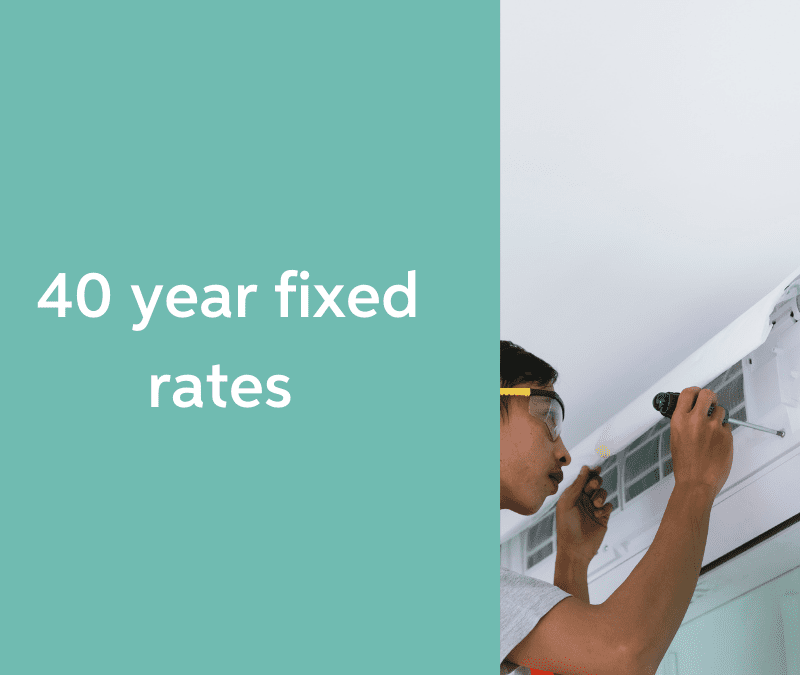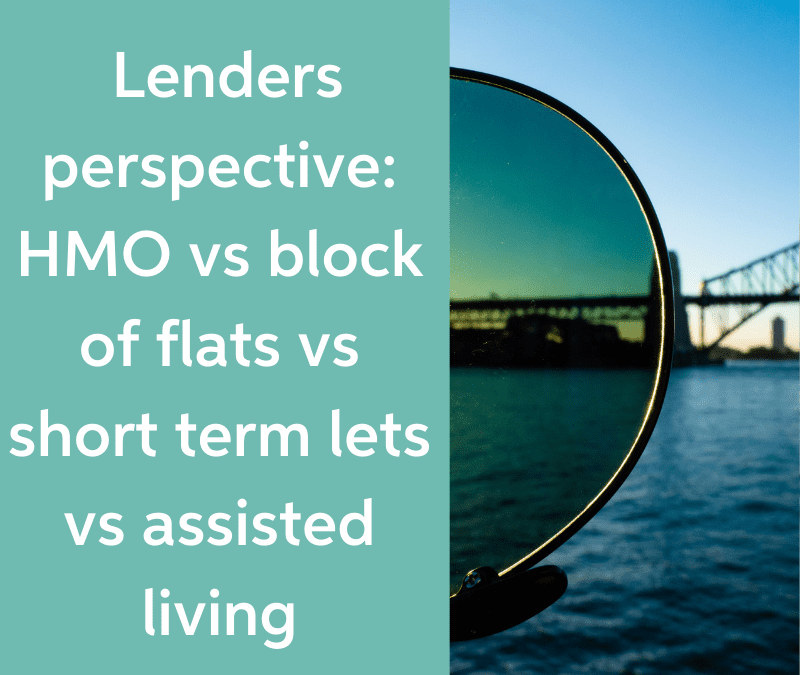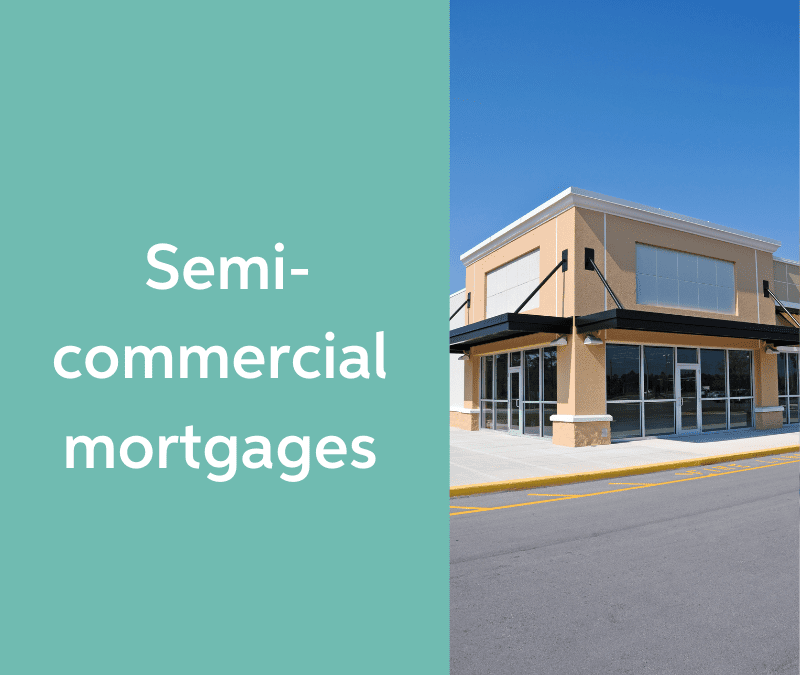Stamp Duty Holiday and 95% LTV Mortgages

The March the 3rd Spring Budget was eagerly anticipated and saw two major announcements for the property and mortgage industries. Firstly, Chancellor Rishi Sunak confirmed the extension of the stamp duty holiday and buyers with transactions currently underway breathed a huge sigh of relief. The £500,000 nil-rate band will run until 30 June 2021, a three-month extension to the original date. There will be a subsequent tapering from 1 July 2021, where the nil-rate band will become £250,000, double the usual threshold. It will return to the standard level of £125,000 from 1 October 2021.
The stamp duty holiday has been integral in enticing the nation to the property market during an uncertain time and just as we started to look beyond the original deadline, this extension has brought it to the forefront again. Research from MoneySuperMarket shows that mortgage enquiries rose by 421% in the first week of March. For many buyers, the potential saving is the difference between affording their new home or not, so they will bring forward their move. The expectation is that demand will be sustained until the end of June, leaving fewer transactions for the end of the year.
The second announcement was confirmation of a 95% LTV mortgage guarantee scheme for properties up to £600,000 due to start in April. This is available for existing properties and new builds, first time buyers and home mover alike. The government will fully guarantee losses from lenders up to 80% of the purchase value. Then partially guarantee losses above that, up to 95% of lenders costs for up to seven years. Interestingly this is self-financing, with the taxpayer not facing the burden of any losses that may come about, instead all lenders will pay into a pot. The scheme is similar in fact to an old Mortgage Indemnity Guarantee (MIG) policy, which would usually see the cost of the policy passed onto the customer via a higher arrangement fee.
This is great news for those with lower deposits, but questions remain whether this will be enough on its own for the legions of aspiring homeowners in the UK. Customers will still need to meet affordability, which is now at its worst level since the 2008 financial crisis. Earnings remained flat as many workers were put on furlough, but according to data from the Land Registry, house prices rose by almost 8% last year. As such the house price to earnings ratio, a measure of affordability, jumped from 9.5 (2019) to 10 (2020), according to property agent Benham and Reeves. It is imperative therefore that we continue the discussion on how to widen access to home ownership.
Your home may be repossessed if you do not keep up repayments on your mortgage.
Lee Langley is the Principal Mortgage and Protection Adviser at OnPoint Mortgages. OnPoint Mortgages a trading style of L&D Mortgages Limited is an appointed representative of The On-Line Partnership Limited which is authorised and regulated by the Financial Conduct Authority. Registered address: 25 Homefield Road, Bushey, Hertfordshire, WD23 3AP





